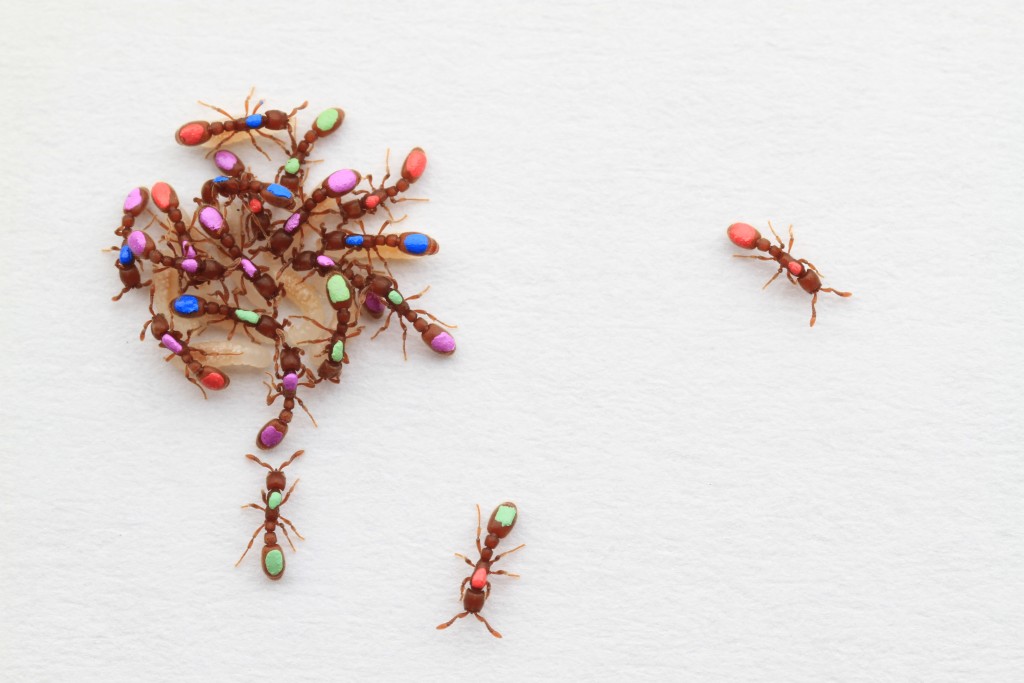Social dynamics in the clonal raider ant
Daniel J. C. Kronauer
Laboratory of Social Evolution and Behavior, The Rockefeller University , USA
Social insects live in complex societies with sophisticated communication, social behavior, and division of labor between morphological and behavioral castes. The study of social insects therefore has the potential to shed light on several important topics, including communication and emergence in complex biological systems, as well as developmental and behavioral plasticity. However, the biological complexity of insect societies entails severe experimental limitations. For example, it is usually impossible to precisely control and replicate the size, genetic composition and age structure of social groups, or to replicate experiments with large numbers of functional colonies. The life-history of most social insects also limits the scope to develop and apply more sophisticated molecular techniques, like those that build on genetic manipulations. To help the field overcome some of the current limitations, my laboratory is developing the clonal raider ant Cerapachys biroi as a social insect model system. As I will outline in my talk, this species uniquely combines experimental accessibility with the rich biology of social insects. I will also talk about our ongoing efforts to use C. biroi to gain insights into the following three complementary questions: How does group composition affect social dynamics? How does reproductive division of labor arise? How does behavioral division of labor arise?









You must be logged in to post a comment.